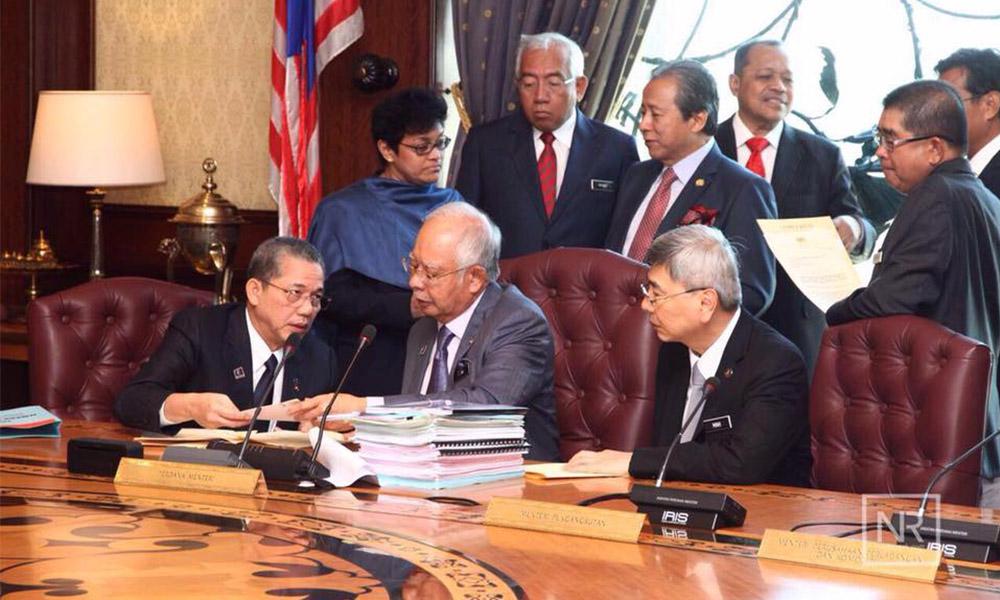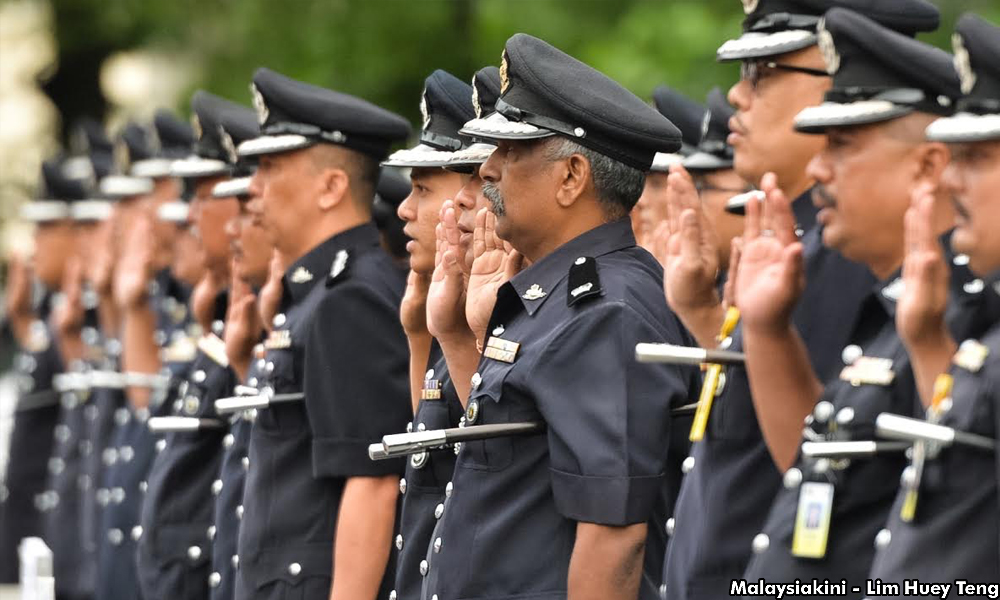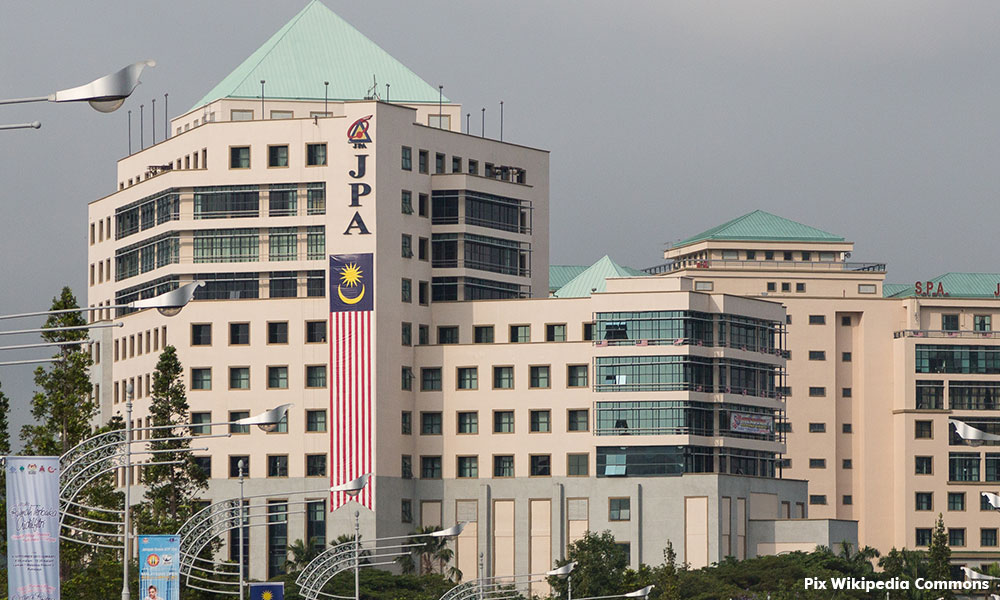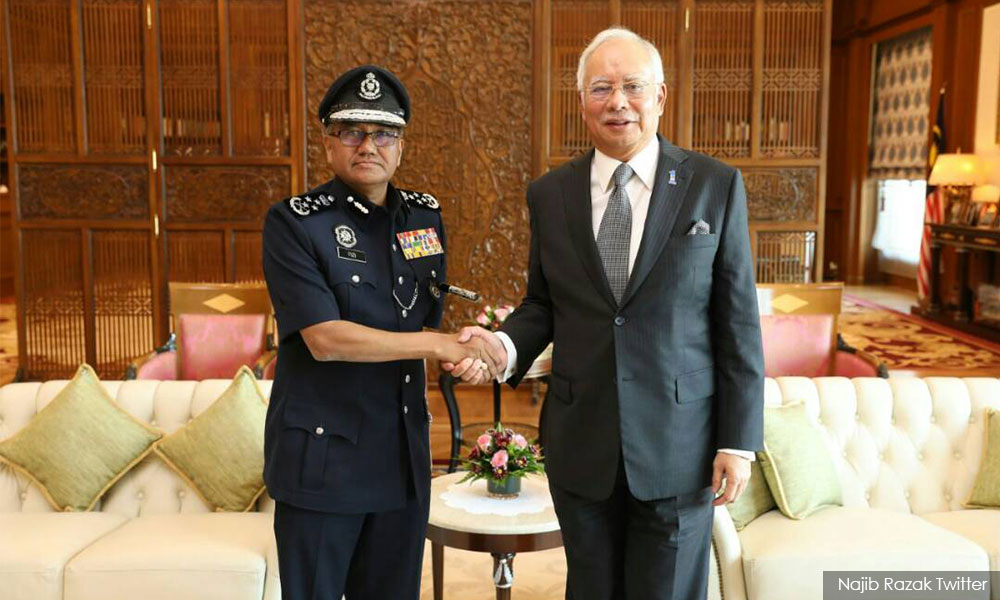
The civil service – termed as public service by the Federal Constitution – plays a key part in the running the country, especially the daily routine functioning of government. As it stands, no political party aspiring to take charge of Putrajaya can afford to ignore its importance.
The reasons are not difficult to spell out. For one thing, the civil service now provides employment for an estimated 1.5 million people, most of whom are Malays.
And when it comes time to vote, members of the military and the police force – more than 16 percent of the service – remain major contributors. Since the 13th general election, they also provided another lifeline for the sitting government through early voting.

To a certain extent, the civil service is another element that props up the Malay and Islamic character of the whole system – apart from the entrenched provisions on Islam, the monarchy, Malay language, as well as the special position for Malays.
This is inevitable, as state secretaries who head the state civil service have to be appointed from among Malays and Muslims, just like menteris besar. Then one has the Royal Malay Regiment, that serves as the backbone of the federation’s armed forces.
It is not just the status quo that the overwhelming majority of the civil servants happen to be Malays.
That notwithstanding, the position of the civil service has not been given much thought, even by Pakatan Harapan who have been talking about reforming key institutions of the nation.
Reform here does not necessarily mean doing away with the provisions. Obviously, as a two-thirds majority is not within their reach – even Umno-BN have stopped singing this mantra – there is no question of abolishing what is essentially another form of privileges for Malays.
Some time ago, one or two politicians from DAP raised the issue of civil service bloating, and naturally, they became convenient punching bags as a result – another handy issue to demonise the party as anti-Malay and anti-Islam.
The main agenda for civil service reform is to reinstate the civil service as the element that is neutral in the system. While the judiciary is separate and independent from the executive branch, the civil service is part of it.

The Federal Constitution has, however, provided various provisions to ensure the neutrality and ability of the civil servants to advise the sitting government without fear or favour. One just wonders what happened to these provisions.
But perhaps one should remember how these provisions were ignored in the first place. This began with the hiring of senior top brass after mandatory retirement age in the mid-1980s, which interfered with continuity in the service, especially the movement of civil servants upwards the ladder.
From then onwards, senior positions in the civil service have been somewhat linked with loyalty to political masters.
This is a major breach of the ideal position envisaged by the Reid Commission – that the civil service ought to be loyal to the nation, whose symbol is the Yang di-Pertuan Agong, not the prime minister and the sitting government. That was the problem with the "Akujanji" loyalty pledge imposed on civil servants after Reformasi in 1999.
In recent years, the appointment of the new inspector-general of police as well as the MACC chief have raised eyebrows. These underlined the problem related above – namely that the civil service, instead of being a bulwark for the citizenry, has become another tool for ruling politicians.

The key for proposed reform is to allow the civil service to go back to being what it should be. While a commission may be required, its job would mainly be to see the areas where provisions for the civil service have been breached, especially in the last 30 years.
And as far as civil servants are concerned, they need not worry. They are not going to be given the marching orders. Their position in this respect has been defined clearly by the Federal Constitution and have been upheld in various court decisions. While governments come and go, civil servants remain.
The one thing that is crucial and inevitable is to trim down the government elsewhere – namely, the cabinet.
A country of our size and population only needs around 15-20 full ministers and a handful of deputy ministers and parliamentary secretaries. One wonders why we need to have over 30 cabinet ministers when bigger Westminster systems, like India and the UK only have around 30 and 25 respectively.
Ministers will remain answerable to Parliament, as required by the Federal Constitution, but in truth, most of these jobs can and should be done by civil servants.
ABDUL AZIZ BARI was a law professor at the International Islamic University Malaysia, where he taught law for more than 22 years, before taking early retirement in 2011.- Mkini



No comments:
Post a Comment
Note: Only a member of this blog may post a comment.